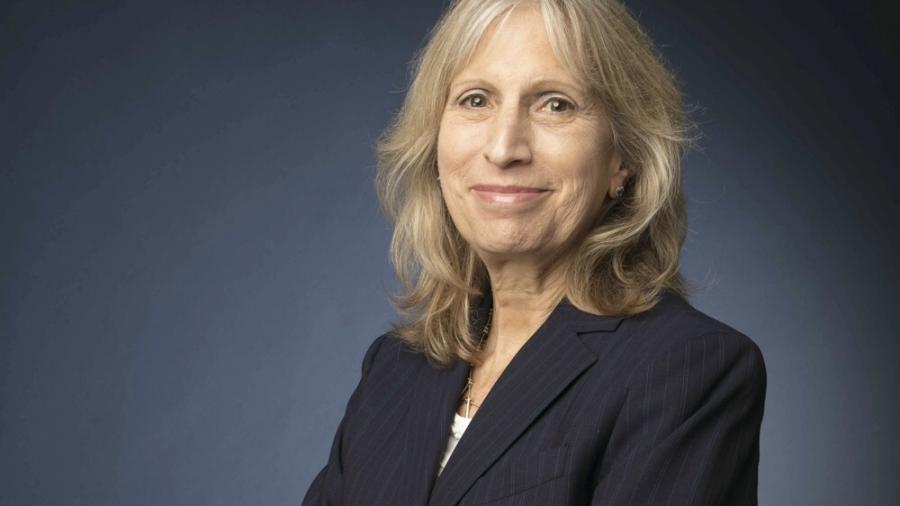How to rebuild a city with Karam Alkatlabe

The museum CEO inspiring young people about democracy

Dr Louise Mirrer studied at Wolfson from 1974-1976 in the Department of Theoretical and Applied Linguistics. She's now at the helm of a venerable US museum, motivated in her work to help us all learn from the past and hopefully escape repeating its mistakes.

Democracy, and its apparent wane in our 21st century world, has motivated much of my recent work at the New-York Historical Society. Above all, the establishment of a new "Academy for American Democracy" that aims to educate 30,000 New York City sixth graders (age 11-12) each year about the roots of democracy in the ancient world, its centrality to the "experiment" of the American founding era, and the beliefs around American citizenship today.
I am concerned to encourage underserved, inner city students to exercise their right to vote, when they reach voting age. This privilege of democracy appears not to be very much valued today, with voting percentages of the American public appallingly low.
My work is also motivated by my belief, banal as this may sound, in the importance of knowing the past. So many mistakes could be avoided in politics and everyday life, if our leaders understood how our present came to be. Work of which I am particularly proud: our exhibitions and educational programs around slavery and civil rights help people to comprehend the racial tensions and racism we experience today. I am also motivated by my deep-seated belief in the importance of immigration, especially as it has benefited and shaped the history of the United States.
I am President & CEO of the New-York Historical Society, New York's first museum, founded in 1804 by eleven men who lived through the American Revolution. These men established the New-York Historical Society so that the effects of the history they had lived through, and histories to come, would be collected, preserved, and disseminated for the benefit of future generations.
I hope to better educate people - especially young people - about democracy.
I began my career as an academic and was a professor at several universities before taking up my current job.
I have been inspired above all by my grandmother, a university graduate in 1922, unusual for a woman at that time. My grandmother studied pharmacy and was an excellent scientist, though her husband forbade her to use her skills, seeing working in the sciences as unacceptable for a wife. During the Depression, when my grandfather, a lawyer, lost his job, my grandmother studied sports and games so that she could become an early childhood teacher. She parlayed the position she took in an early childhood centre in New York City into a career as a high-level administrator in the New York City Department of Parks, Recreation, and Cultural Affairs. I was also inspired by my mother, who valued education and encouraged me to study history.







